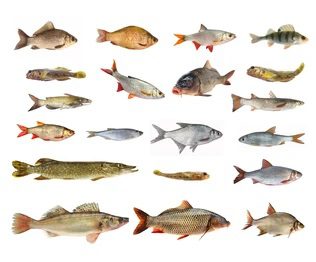
Agric4Profits.com – Your Comprehensive Practical Agricultural Knowledge and Farmer’s Guide Website…
It’s All About Agriculture – The Way Forward!
Browse Our Categories
Free Consultancy for African Women (Let’s Feed Africa!)
Free Agricultural Consultation Form
Testimonials
Agric4Profits TV
Check out the latest videos from Agric4Profits TV here....

10 Most Profitable Farming Businesses You Can Start!
Discover the lucrative world of agribusiness with “10 Most Profitable Farming Businesses You Can Start!” 🌱If you’re eager to dive into farming but unsure which path to take, this video… Read More

How to Start a Chicken Farm and Make Millions!
Unlock the secrets to starting your own chicken farm and turning it into a profitable venture! In this engaging guide, we take you through every step of the journey—from choosing… Read More

10 Insane Farming Machines You Need to See!
Discover the future of agriculture with “10 Insane Farming Machines You Need to See!” From self-driving tractors to cutting-edge vertical farming systems, this fast-paced video showcases the incredible technology revolutionizing… Read More
Latest Posts

Water Management in Vegetable Crop Production
Most vegetable plants contain about 90 percent water, with some, such as lettuce, reaching up to 95 percent. The critical factor is not the water content within the plant, but… Read More

Health and Environmental Impact of Organic Farming Systems
Organic farming systems depend on crop rotation, green manures, legumes, animal manures, crop residues, off-farming natural wastes, and biological pest control methods to maintain soil fertility and productivity, sustain crops,… Read More
All to Know About the Wild Columbus Zoo
The Columbus Zoo and Aquarium is a popular zoological park located in Powell, Ohio, USA. It was founded in 1927 and is home to over 10,000 animals from over 600… Read More
All About the Wild Republic Stuffed Animals
The Wild Republic company specializes in the production of wild republic stuffed animals, plush toys, and other animal-themed products. Wild Republic is a company that was founded in 1979 and… Read More
All You Need to Know About Texas Wild Life
The history and development of Texas wild life conservation dates back to the late 19th century when concerns over the dwindling populations of several game species, such as bison and… Read More

10 Most Profitable Farming Businesses You Can Start!
Discover the lucrative world of agribusiness with “10 Most Profitable Farming Businesses You Can Start!” 🌱If you’re eager to dive into farming but unsure which path to take, this video… Read More

How to Start a Chicken Farm and Make Millions!
Unlock the secrets to starting your own chicken farm and turning it into a profitable venture! In this engaging guide, we take you through every step of the journey—from choosing… Read More
All You Need to Know About Tigers in the Wild
Tigers are large carnivorous mammals that are native to Asia. They are part of the Felidae family, and are the largest of all big cats. There are six subspecies of… Read More























